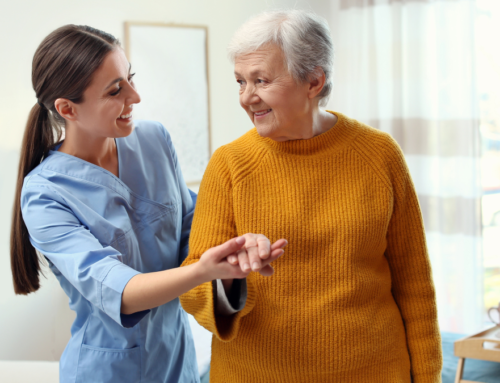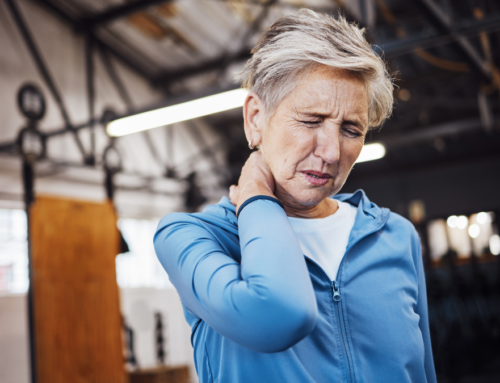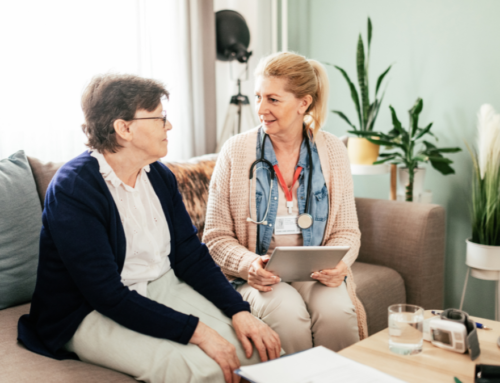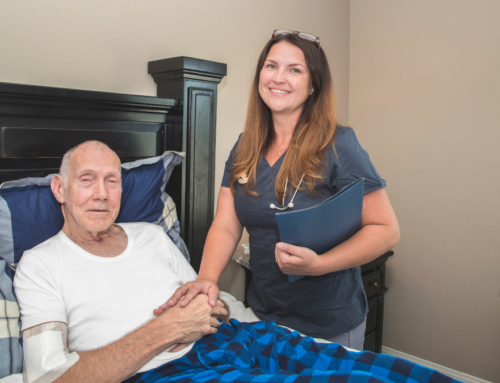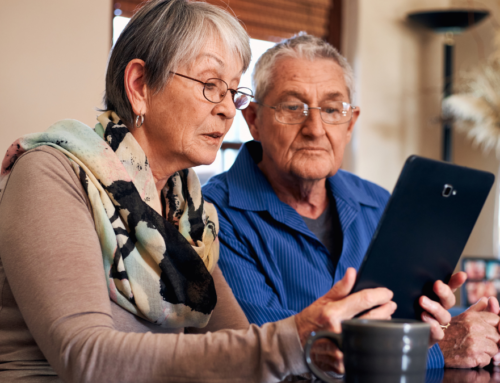
For many of us, the summer is a time of fun, time with friends and family, heading to the pool or the beach, and making lasting memories. Unfortunately, along with the summer, come high temperatures that can pose a risk, especially to seniors.
Your body works hard to keep to a normal temperature. Excessive heat forces your body to work harder than usual, which is what is commonly the cause of heat-related illnesses. Basically, the heat forces your body to work beyond its limits. For senior citizens, this can be dangerous, even deadly.
Most heat-related illnesses result from prolonged exposure to the sun, including sunburns, heat exhaustion and sometimes even heat stroke.
Here are 10 easy ways to stay safe from the summer heat:
- Stay Hydrated:
Seniors lose their ability to retain water as they age, making them more susceptible to dehydration than younger people. They may also be less aware of their thirst and have difficulty adjusting to temperature changes. Aim to drink a minimum of 6 to 8 8oz glasses of water per day. Avoid alcohol and caffeine, which will dehydrate you. - Take Cool-Down Breaks:
If you are spending long periods of time in the sun, be sure to take regular breaks to allow your body to recover. You can have a designated area inside your home in the A/C, or in a running vehicle with the A/C running. Be sure your cooling device, whether it’s an electric fan, or a portable or central air conditioner, is working properly to ensure faster recovery. - Stay in Touch With Family:
The heat can be challenging for the elderly. During hot spells, you should regularly check in with family, friends and neighbors. Heat-related troubles can arise before the opportunity to ask for help. - Know Your Neighbors:
Regardless whether you live in a house, condo, apartment, etc., it makes sense to get to know others who live in your neighborhood, and learn about them and their schedules. If you have a younger neighbor, or even one of their kids, maybe ask if they can come by and check on you from time to time, just to make sure everything is all right. - Dress For Summer Success:
Everyone, including seniors, should dress for the hot weather. Some people find natural fabrics, like cotton, to be cooler than synthetic fibers. Stock your summer wardrobe with light-colored and loose-fitting clothes to help feel cooler and more comfortable.
- Sunscreen and Hats:
Everyone should wear sunscreen when outdoors. Seniors need the extra sun protection to help keep them healthy. Caregivers, family and friends can help by gently reminding loved ones about applying sunscreen and helping to put it on when necessary. Hats are also a great idea, especially for those with light-colored hair and those with only distant memories of a full head of hair.
- Watch for heat stroke:
It is extremely important to watch for signs of heat stroke, especially for seniors. Some signs to look for include confusion, disorientation, dry skin, excessive tiredness, headache, lethargy, nausea, and a rapid pulse. If you or someone you know experiences these symptoms, seek medical attention immediately.
- Exercise Inside:
If you enjoy outdoor activities, such as walking or gardening, make sure to wear the proper clothing and protective gear. It’s also important to keep track of time. Don’t stay out for long periods and make sure to drink even more water than usual when exercising. Also, consider getting outdoor exercise earlier in the morning or later in the evening, when the sun is not at its peak.
- Early to Rise:
The sun is strongest between 10 am and 4 pm. If you must be outside during a summer heat wave, limit your outdoor activity to the morning and the evening, when the temperature is lower and the sun is less intense.
- Check Your Meds:
Many seniors take daily medications. Some medications can cause side effects, like increased sensitivity to ultraviolet (UV) rays. Review all medications and check with a doctor or pharmacist for any questions.
Do you have any questions about how to make sure your loved ones are safe, whether during summer, or anytime during the year? We are happy to talk with you, and help answer your questions. Contact us today for a no-cost, no-obligation consultation.

